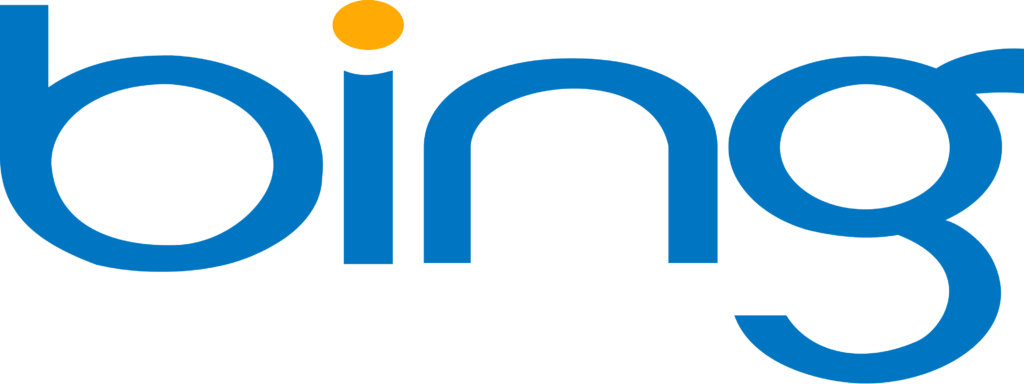Bing Search Engine: Evolution, Achievements, and a look into the Future!
Exploring the journey of Bing, Microsoft’s search engine, highlighting how its innovative features, market achievement, AI developments like “Copilot” and ad technology have challenged the industry's giants.
October 1, 2023
Bing, Microsoft’s web search engine, is an integral part of the global digital landscape. Since its inception, Bing has made notable strides in providing an optimal search experience for users and challenging the monopoly of the industry’s giants. Using this article I am trying to explore the journey of Bing, its major achievements, and its current status, with a focus on its novel “Copilot” feature.

Originally known as “Live Search,” Bing’s story began in 2009 when Microsoft decided to rebrand its search engine as part of their increased efforts to compete with Google. Bing was more than just a rebranding; it was a restructuring from the ground up with a new core algorithm, user-friendly interface, and various unique features. Since its launch, Bing has been projected as a “decision engine” to help users make informed decisions rather than providing just a list of search results.
Over the years, Bing has introduced a slew of new features and updates to enrich the user experience and provide search results with added dimensions. These include the daily changing of the homepage background image filled with hotspots offering related trivia, the Bing Snapshot that provided contextual information about search results embedded on the same page, and Bing Social that integrated social media platforms into search results.
Bing’s major achievement has been carving out a respectable share of the search engine market, particularly in the United States. While Google continues to dominate globally, Bing’s reach has steadily grown across several verticals, including travel, health, and shopping searches. Bing’s video search feature is considered significantly better than its competitors, offering an intuitive and visually rich search experience. Bing has also been integrated across various Microsoft services, which has been key to its growth. Bing is now the second largest search engine in the U.S. and powers search results on Yahoo, totaling roughly 33% of desktop searches in the country.
In terms of its current status, Bing keeps evolving to contribute to Microsoft’s vision for deep learning and AI. One breakthrough is the development of Bing’s “Copilot” feature, which showcases the integration of artificial intelligence and search technology. Copilot, which works within GitHub’s code editor, utilizes Bing’s search capabilities to provide relevant code samples to developers, effectively saving them time in researching code snippets. This improvement reflects Microsoft’s commitment to making Bing a more versatile and interactive search platform.
Bing has also made progress in ad technology, with its Microsoft Advertising platform. This allows advertisers to increase their reach and offers customized marketing solutions with robust analytics. Bing’s integration with LinkedIn, Microsoft’s professional networking platform, has made it possible for advertisers to target users based on their professional attributes.
Bing’s journey thus far reflects a determined attempt to redefine the search experience. Despite facing stiff competition, Bing has managed to close the gap gradually by differentiating its offerings and integrating its services with vibrant features like Copilot. In the constantly evolving digital landscape, Bing’s future development will be interesting to observe, as it continues to forge paths in search engine technology, AI integration, and advertising solutions.
#Bing #Microsoft #SearchEngine #DigitalLandscape #LiveSearch #DecisionEngine #UserExperience #SearchResults #MarketShare #VideoSearch #DeepLearning #AI #CopilotFeature #BingAdvertising #SearchTechnology
